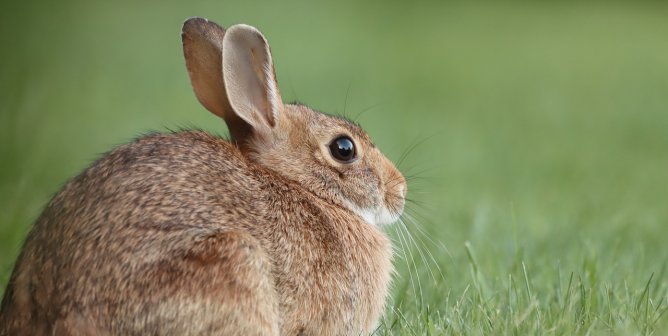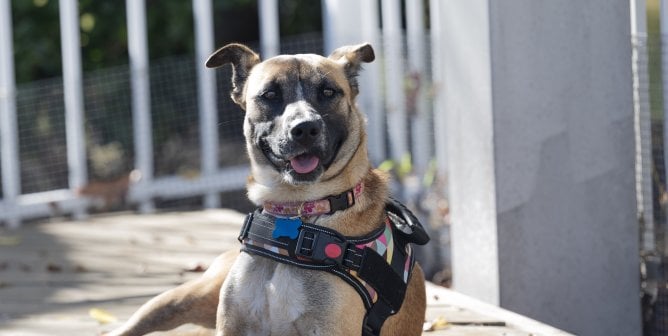As if the H1N1 flu (aka “swine flu”) weren’t evil enough, it now turns out that if you get sick with the flu, you could pass it along to your animal companions.
A cat in Iowa recently made the news after testing positive for H1N1—the first time a cat has been diagnosed with the virus. Two of the cat’s three human companions had been sick with the flu before the cat started showing symptoms.
So what can you do to avoid infecting Max and Mittens if you’re feeling ill? Basically, use the same precautions you would take to prevent spreading your germs to any family member. In case you need a refresher, here are some tips:
• Don’t cough or sneeze on your animals—cover your mouth with a tissue or the crook of your arm.
• Wash your hands frequently.
• Don’t share eating utensils with your animals (e.g., no letting Lulu lap up the rest of your veggie soup until you’re healthy again).
• Limit contact with your animal companions (e.g., hold off on the doggy kisses), but be sure not to ignore or neglect them. Enlist a healthy friend or family member, if necessary, to play with, walk, and cuddle your animals for a few days until you’re no longer contagious.
• Closely monitor your animal companions’ health. If they show any signs of the flu—such as lethargy, loss of appetite, fever, runny nose and/or eyes, sneezing, coughing, or changes in breathing—get them to the vet, pronto.
• For more tips on protecting your animal companions from H1N1, visit the American Veterinary Medical Association’s site.
Of course, the most effective way to protect your loved ones from H1N1 is to avoid getting the virus in the first place. My advice? Fight back against the cruel factory farming industry, which breeds H1N1 and other diseases, by going vegan!







